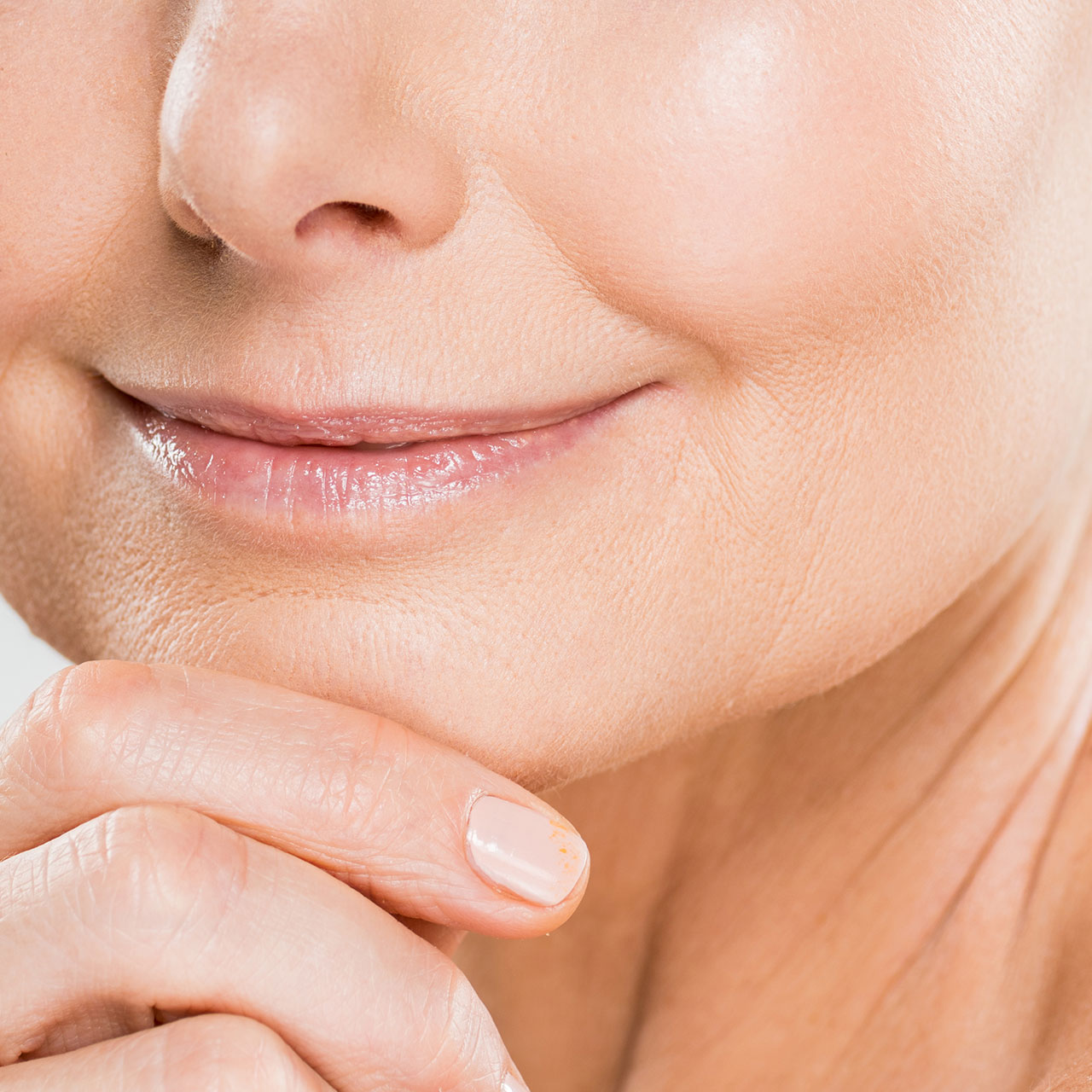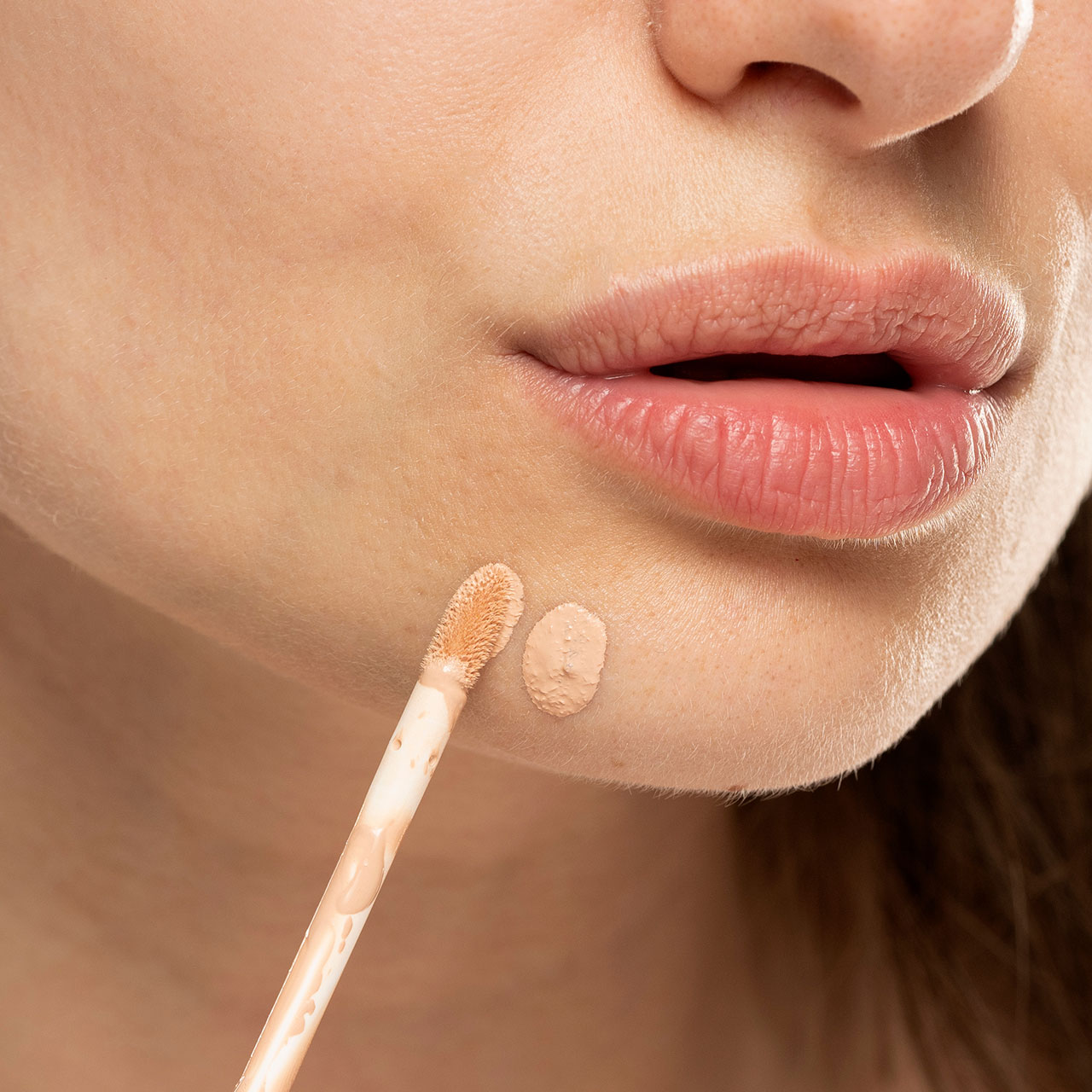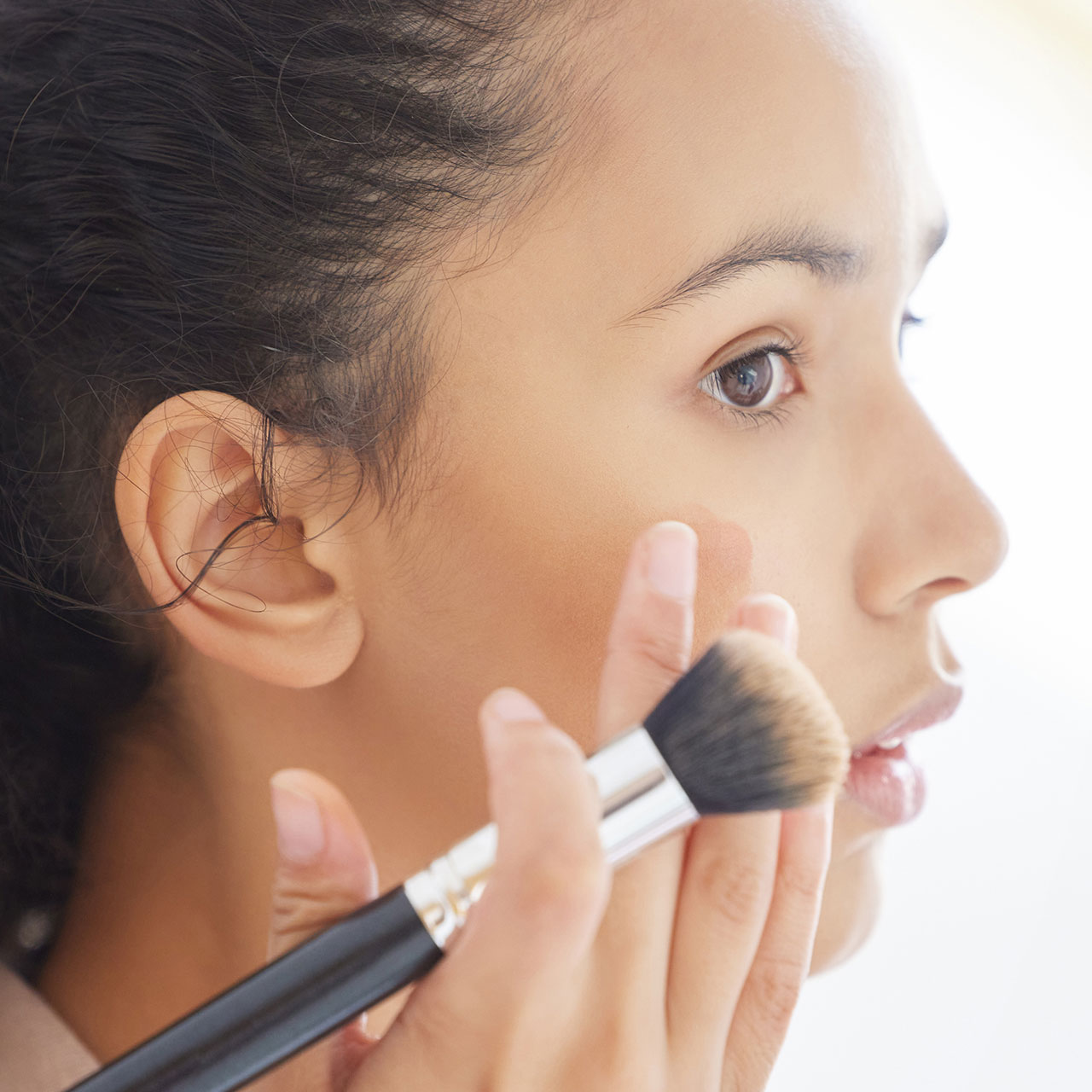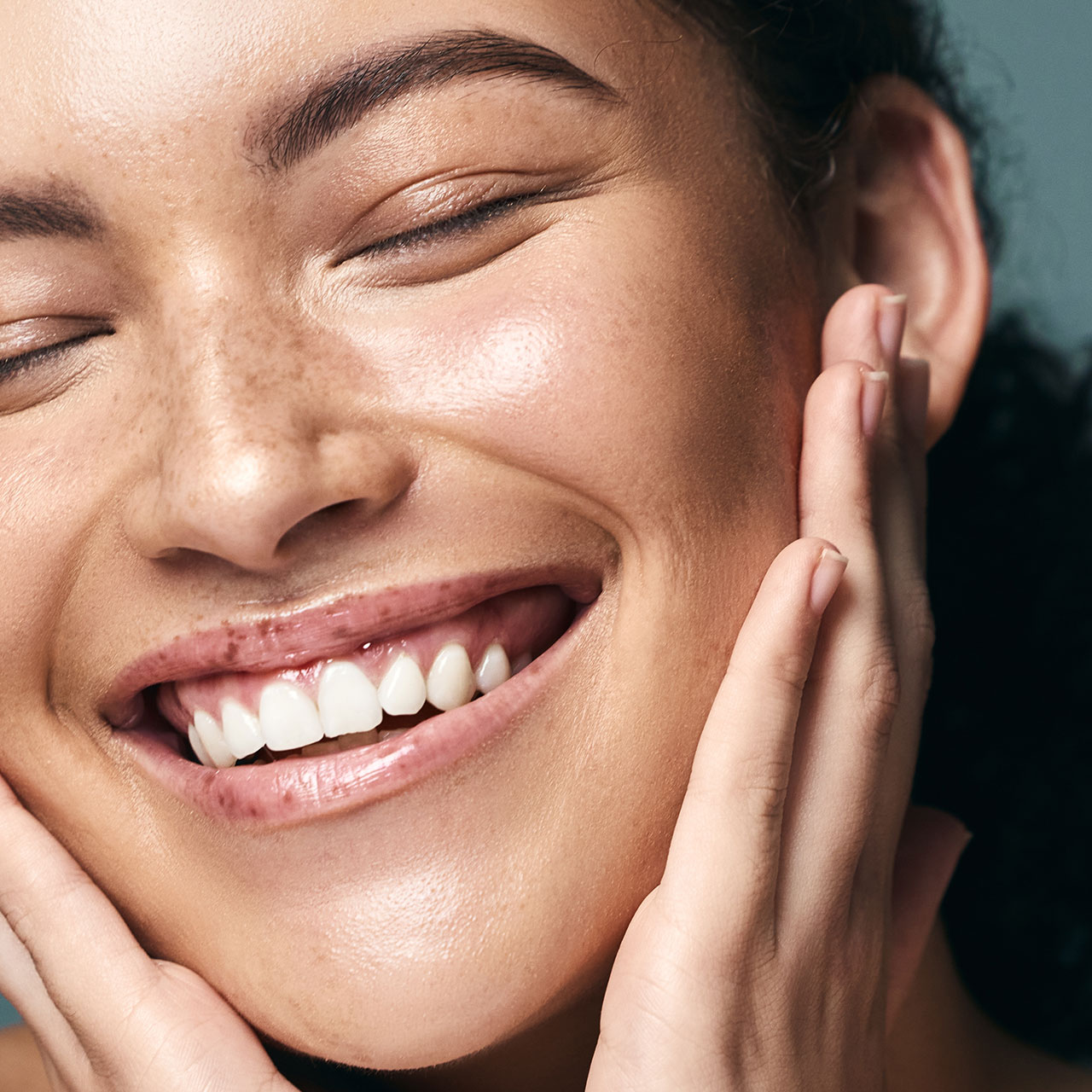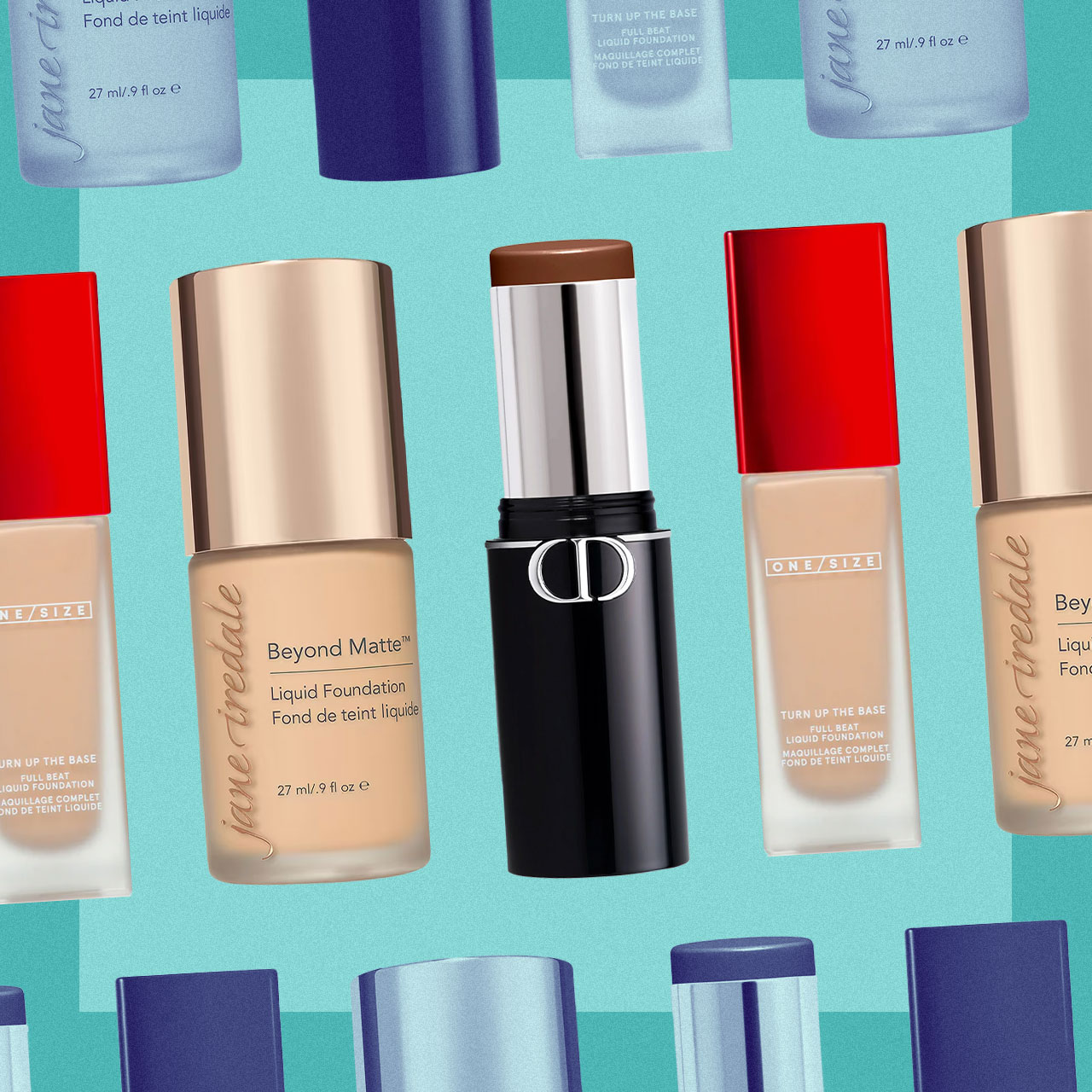Creating an anti-aging skincare routine that works for your unique complexion can be a big task, but there are some mainstay staples in any beauty regimen that are undeniably great at their job of keeping fine lines and wrinkles at bay. While some people may need more hydrating products to allow their skin to glow, or others require non-oily formulations, there is one skincare step across the board that dermatologists agree should not be neglected as you work to preserve your complexion against the hands of time.
We spoke with board-certified dermatologist Dr. Marisa Garshick, MD, FAAD who explained the one step you should be following daily to give your skin the best chance of looking flawless for years to come, and what you risk in skipping it.


Sunscreen
Without question, the most important skincare step for anti-aging is sunscreen, and skipping it could not only put your skin at risk of melanoma and UV damage, but it may expedite the aging process as well. “Exposure to UV radiation leads to DNA damage which not only can contribute to skin cancer, but can also lead to signs of photo damage including brown spots and collagen loss, resulting in fine lines, wrinkles and worsening skin laxity,” explains Garshick.
Even if you’re religiously using a powerful retinol and collection of other anti-aging products, without sunscreen the rest of your routine is effectively null and void. “Sunscreen is the most important step in an anti-aging routine as no matter how much progress you make with your skin from using topical antioxidants, retinoids, lasers or injectables, if you don’t commit to sunscreen use, it can all be reversed,” notes Garshick. “Sunscreen is an important step not only to prevent sun damage, but also to maintain the results of different procedures and other products designed to treat signs of sun damage.”
Essentially, in order for your serums and retinoids to be of any use to your skin, you must be using sunscreen to lock in the benefits and protect from lasting UV damage that could expedite the aging process.

If you’re feeling lazy about your skincare routine and are wondering which steps you can do away with while still keeping your complexion looking healthy and fresh, Garshick explains that antioxidant serums, while undeniably effective, may not be a necessary staple for everyone.
“While we often speak about the importance of retinoids and antioxidants like Vitamin C in a skincare routine for anti-aging, in some cases it may be fine to skip these and still have healthy skin,” she explains. “Given some people may be unable to tolerate certain ingredients such as retinoids or vitamin C, there are other options to preserve the skin and keep it looking healthy.” However, sunscreen is one skincare ingredient that should be found in everyone’s daily regimen whether or not they’re using it in an anti-aging capacity.
So what level of SPF should you be using in order to effectively preserve your skin from the sun and lock in that youthful glow? “I recommend using a daily sunscreen containing SPF 30 or higher providing broad-spectrum coverage,” says Garshick. With this, make sure you’re being generous about the areas you’re applying your sunscreen as well, bringing it down your neck and onto your chest and hands as these areas are often also exposed to the sun and may reveal your age, even if your face isn’t. Much of the skincare ingredients on the market right now are superfluous additions to your routine, but sunscreen is not one of them.








